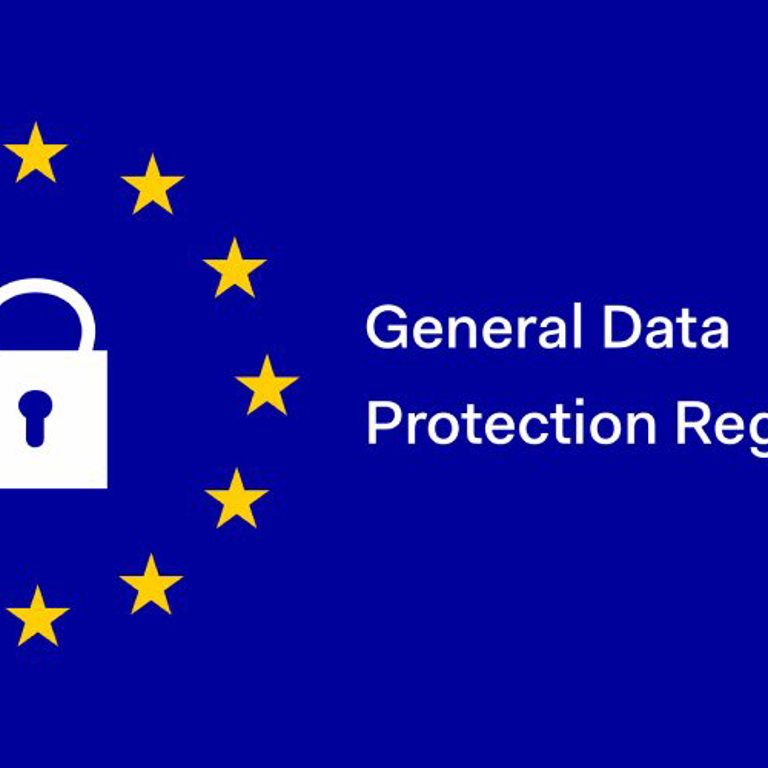What is GDPR? 10 exam practice questions and answers
What is GDPR?
The General Data Protection Regulation (GDPR) is a Data Protection and privacy regulation established by the European Union (EU) in May 2018. It applies to organizations within and outside the EU that process the personal data of EU residents.
GDPR broadens the definition of personal data, grants individuals’ rights over their data, requires a lawful basis for processing, mandates data breach notifications, and encourages privacy measures from the design stage. Non-compliance can lead to significant fines. GDPR aims to empower individuals and enhance privacy standards for businesses operating in the EU.
Why is GDPR important?
The General Data Protection Regulation (GDPR) is crucial due to its global impact on data privacy. It grants individuals greater control over their personal data, applies to organizations worldwide, unifies data protection laws in the EU, and emphasizes accountability, transparency, and stricter consent rules.
GDPR mandates reporting of data breaches, promotes data security measures, and imposes significant fines for non-compliance, encouraging a culture of responsible data management. It has influenced global data protection reforms, serving as a model for legislation worldwide.
Overall, GDPR is essential for safeguarding privacy rights in the digital age.
How can GDPR impact my business?
The impact of GDPR on your business includes the need for legal compliance, enhanced data protection measures, addressing data subject rights and consent requirements, reporting data breaches promptly, documenting data processing activities, the potential appointment of a Data Protection Officer, considerations for international data transfers, influence on marketing practices, and the potential impact on your business's reputation and finances.
Ensuring GDPR compliance is not only a legal requirement but also an opportunity to build trust with stakeholders and customers.
What are the benefits of sitting a GDPR-related course?
Enrolling in a GDPR course is essential for individuals and organizations to understand the complex legal framework, ensure compliance, and mitigate risks associated with data processing. The course provides practical insights, emphasizes data security best practices, and addresses the rights of individuals under GDPR. It is particularly valuable for those handling personal data, including potential Data Protection Officers (DPOs), and contributes to continuous professional development in an ever-evolving regulatory landscape.
What courses are available?
Firebrand offer a variety of accelerated Data Protection courses to expand understanding of the legal requirements and implications of GDPR, offering certified courses at twice the speed!
Whether you are part of an organization or would like to improve your knowledge, we have a GDPR course for you.
10 GDPR exam practice questions and answers
1. Question: What is the primary objective of the GDPR?
a) To promote online marketing
b) To protect the fundamental rights and freedoms of individuals
c) To restrict international data transfers
d) To enforce mandatory data retention policies
2. Question: What is the definition of personal data under the GDPR?
a) Only sensitive information
b) Any information related to an identified or identifiable natural person
c) Business-related data
d) Publicly available information
3. Question: Which lawful basis for processing personal data requires explicit, informed consent?
a) Legitimate interests
b) Contractual necessity
c) Vital interests
d) Consent
4. Question: What does DPIA stand for in the context of GDPR?
a) Data Protection and Information Assessment
b) Data Processing Impact Analysis
c) Data Privacy and Incident Assessment
d) Data Protection Impact Assessment
5. Question: What role does a Data Protection Officer (DPO) play under the GDPR?
a) Ensuring marketing compliance
b) Overseeing data protection compliance
c) Managing IT infrastructure
d) Handling customer support
6. Question: How soon should organizations report a data breach to the supervisory authority under the GDPR?
a) Within 24 hours
b) Within 48 hours
c) Within 72 hours
d) Within one week
7. Question: Which GDPR principle emphasizes limiting the amount of collected personal data to what is necessary for the intended purpose?
a) Data minimization
b) Purpose limitation
c) Accountability
d) Transparency
8. Question: In the context of GDPR, what is the consequence of non-compliance with the regulation?
a) Public recognition
b) Financial penalties
c) Enhanced business opportunities
d) Tax incentives
9. Question: What is the primary purpose of Standard Contractual Clauses (SCCs) under the GDPR?
a) To create marketing agreements
b) To facilitate data transfers outside the EU
c) To establish internal policies
d) To regulate employee contracts
10. Question: What does the "right to be forgotten" entail under the GDPR?
a) The right to erase personal data under certain conditions
b) The right to access personal data
c) The right to rectify inaccurate data
d) The right to restrict processing
Answers: 1-b) To protect the fundamental rights and freedoms of individuals; 2-b) Any information related to an identified or identifiable natural person 3-d) Consent 4-d) Data Protection Impact Assessment 5-b) Overseeing data protection compliance 6-c) Within 72 hours 7-a) Data minimization 8-b) Financial penalties 9-b) To facilitate data transfers outside the EU 10-a) The right to erase personal data under certain conditions.
Become GDPR-certified with Firebrand
For the past 14 years in a row, we’ve been named one of the Top 20 IT Training Companies in the World.
We specialise in accelerated courses that help you become competent, confident, and certified fast.
Could one of them be right for you?
